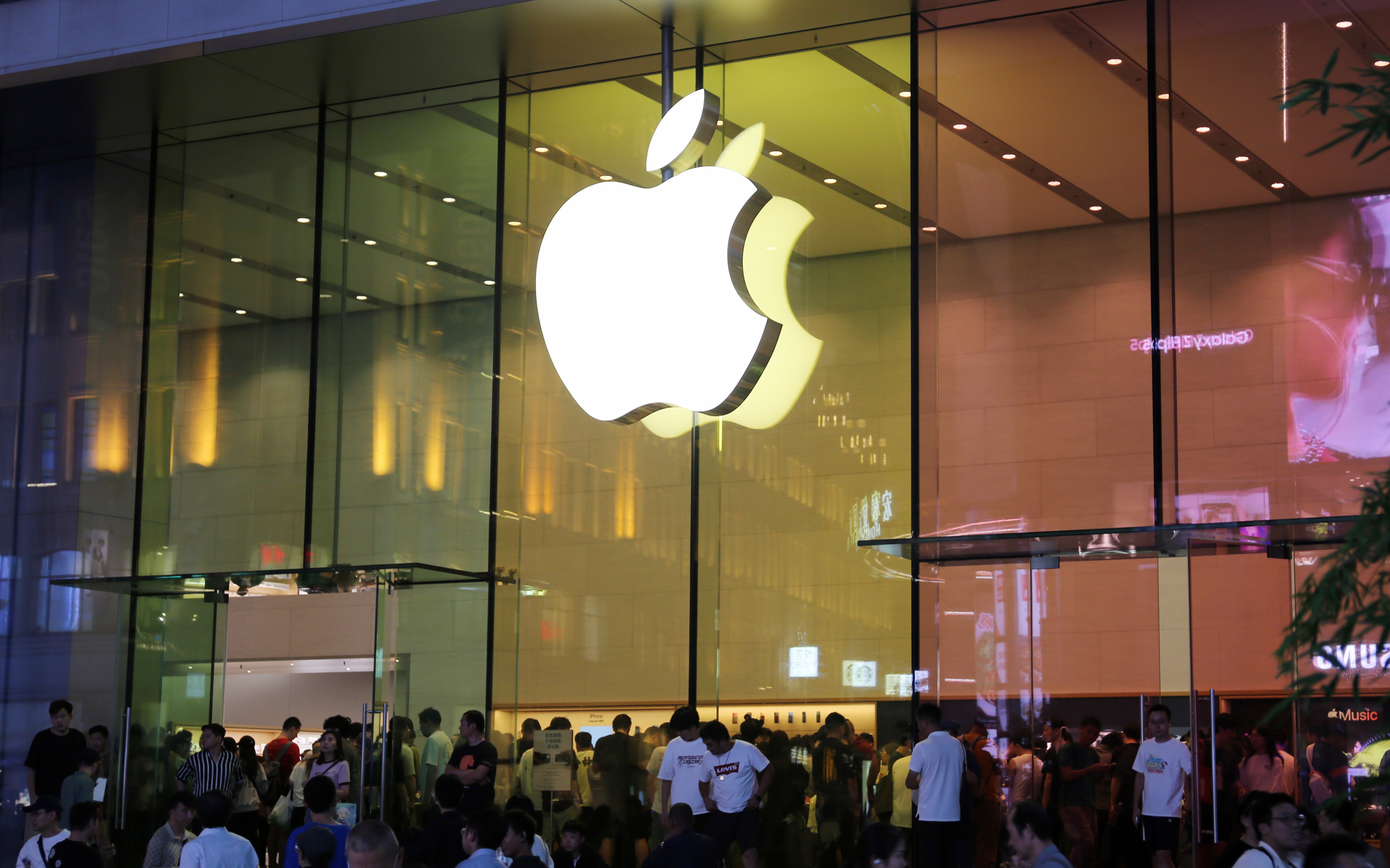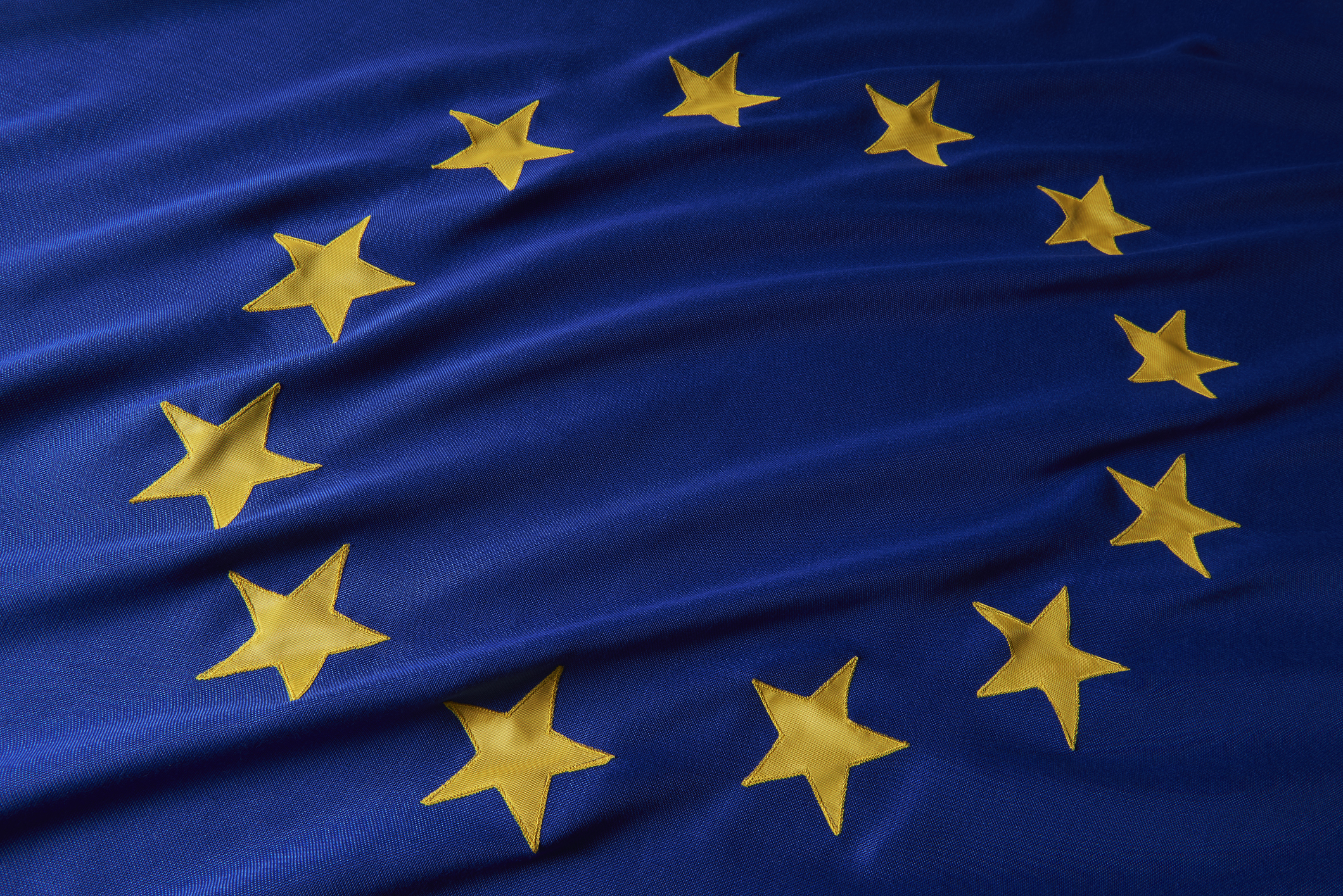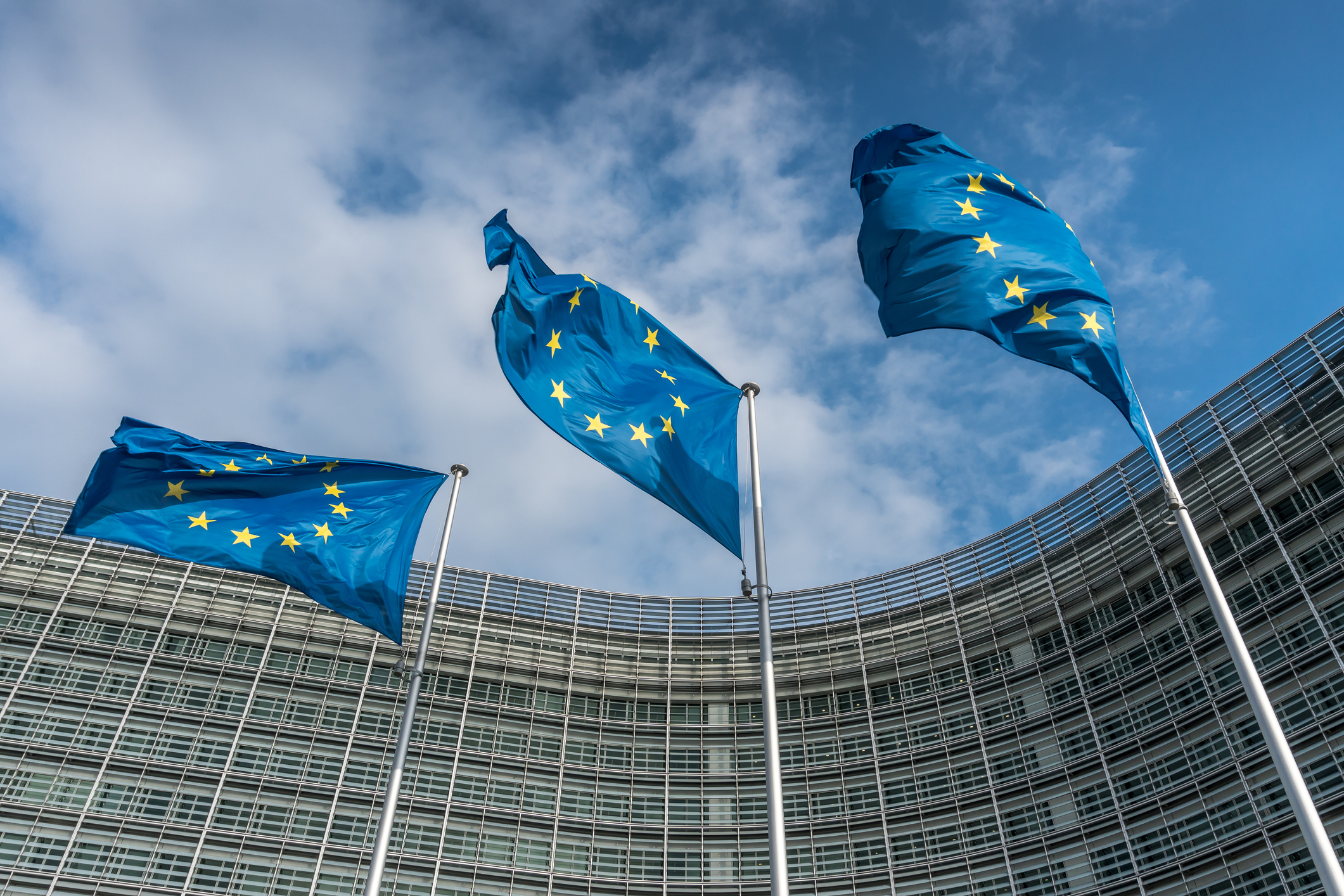EU says it won't raise social media age to 16
Each of the organisation's member states will be able to set their own age limits for the social networks

European regulators will not raise the age of consent for those wanting to access social networks to 16, it has been announced.
The EU said it will be up to each of the member states to set the age they think is appropriate for children to access services and it will be their responsibility to ensure the social networks comply. In Spain, for example, this will remain at 14, while in most other European countries, it will remain as 13.
Although there will be a restriction for under-13s to access the likes of Facebook, Instagram, Twitter and other websites considered to be 'social networks', those between 13 and 16 will not necessarily need the permission of their parents.
Many MEPs welcomed the EU's move, saying it is right for the legal body to leave it up to the country to decide. "Concerns have been listened to and the UK's age of consent will not be forced to change," Conservative MEP Timothy Kirkhope said.
The changes were proposed as a last-minute amendment to the General Data Protection Regulation (GDPR) directive, which aims to give everyone equal data protection rights wherever their data is stored across the 28-nation bloc and is due to come into force during 2016.
The amendment had stated that companies handle the personal information of those under 16 with the consent of "the holder of parental responsibility over the child".
This proposal raised strenuous objections from tech companies, who added their voices to criticisms of the legislation.
Get the ITPro daily newsletter
Sign up today and you will receive a free copy of our Future Focus 2025 report - the leading guidance on AI, cybersecurity and other IT challenges as per 700+ senior executives
The proposed ammendment came under particular fire from child protection groups, like the UK's Family Online Safety Institute, which penned an open letter to Brussels stating: "Moving the requirement for parental consent from age 13 to age 16 would deprive young people of educational and social opportunities in a number of ways, yet would provide no more (and likely even less) protection".
It also suggested that the changes will simply force children to lie about their ages, rather than going to their parents for permission.
This, the letter said, "would make it far more difficult for online services to offer children age-appropriate guidance and tools to ensure a safe and privacy-protective experience online".
Ultimately, however, the ammendment was taken out of the final draft of the GDPR when it was agreed upon late on Tuesday evening.
"The digital future of Europe can only be built on trust," said Andrus Ansip, vice-president for the Digital Single Market, when announcing the draft text had been agreed upon. "With solid common standards for data protection, people can be sure they are in control of their personal information. And they can enjoy all the services and opportunities of a Digital Single Market. We should not see privacy and data protection as holding back economic activities."
This Single Digital Market will allow companies to be more innovative when developing digital services, Ansip continued.
"Our next step is now to remove unjustified barriers which limit cross-border data flow: local practice and sometimes national law, limiting storage and processing of certain data outside national territory. So let us move ahead and build an open and thriving data economy in the EU based on the highest data protection standards and without unjustified barriers."
Adam Shepherd has been a technology journalist since 2015, covering everything from cloud storage and security, to smartphones and servers. Over the course of his career, he’s seen the spread of 5G, the growing ubiquity of wireless devices, and the start of the connected revolution. He’s also been to more trade shows and technology conferences than he cares to count.
Adam is an avid follower of the latest hardware innovations, and he is never happier than when tinkering with complex network configurations, or exploring a new Linux distro. He was also previously a co-host on the ITPro Podcast, where he was often found ranting about his love of strange gadgets, his disdain for Windows Mobile, and everything in between.
You can find Adam tweeting about enterprise technology (or more often bad jokes) @AdamShepherUK.
-
 Bigger salaries, more burnout: Is the CISO role in crisis?
Bigger salaries, more burnout: Is the CISO role in crisis?In-depth CISOs are more stressed than ever before – but why is this and what can be done?
By Kate O'Flaherty Published
-
 Cheap cyber crime kits can be bought on the dark web for less than $25
Cheap cyber crime kits can be bought on the dark web for less than $25News Research from NordVPN shows phishing kits are now widely available on the dark web and via messaging apps like Telegram, and are often selling for less than $25.
By Emma Woollacott Published
-
 Forcing Apple to allow alternative app stores might cause major security risks
Forcing Apple to allow alternative app stores might cause major security risksAnalysis Apple will be forced to allow third-party marketplaces on its devices, but some experts have raised serious security concerns
By Solomon Klappholz Published
-
 Top data security trends
Top data security trendsWhitepaper Must-have tools for your data security toolkit
By ITPro Published
-
 Why bolstering your security capabilities is critical ahead of NIS2
Why bolstering your security capabilities is critical ahead of NIS2NIS2 regulations will bolster cyber resilience in key industries as well as improving multi-agency responses to data breaches
By ITPro Published
-
 New EU vulnerability disclosure rules deemed an "unnecessary risk"
New EU vulnerability disclosure rules deemed an "unnecessary risk"News The vulnerability disclosure rules in the Cyber Resilience Act could also cause a “chilling effect” on security researchers
By Ross Kelly Published
-
 Are you ready for NIS2?
Are you ready for NIS2?WEBINAR Find out what you should be doing to prepare for the EU’s latest data protection regulation and UK equivalent with our free webinar
By ITPro Published
-
 SEC data breach rules branded “worryingly vague” by industry body
SEC data breach rules branded “worryingly vague” by industry bodyNews The new rules announced last week leave many questions unanswered, according to security industry experts
By Ross Kelly Published
-
 Crackdown on crypto needed to curb cyber crime, says expert
Crackdown on crypto needed to curb cyber crime, says expertNews Threat actors would struggle to generate money without the anonymity provided by unregulated digital tokens, but such a move would require worldwide buy-in
By Rory Bathgate Published
-
 EU regulators are digging their heels in despite big tech’s Data Act pushback
EU regulators are digging their heels in despite big tech’s Data Act pushbackAnalysis EU regulators are no strangers to big tech regulatory push back, so why do companies still persist?
By Ross Kelly Published

